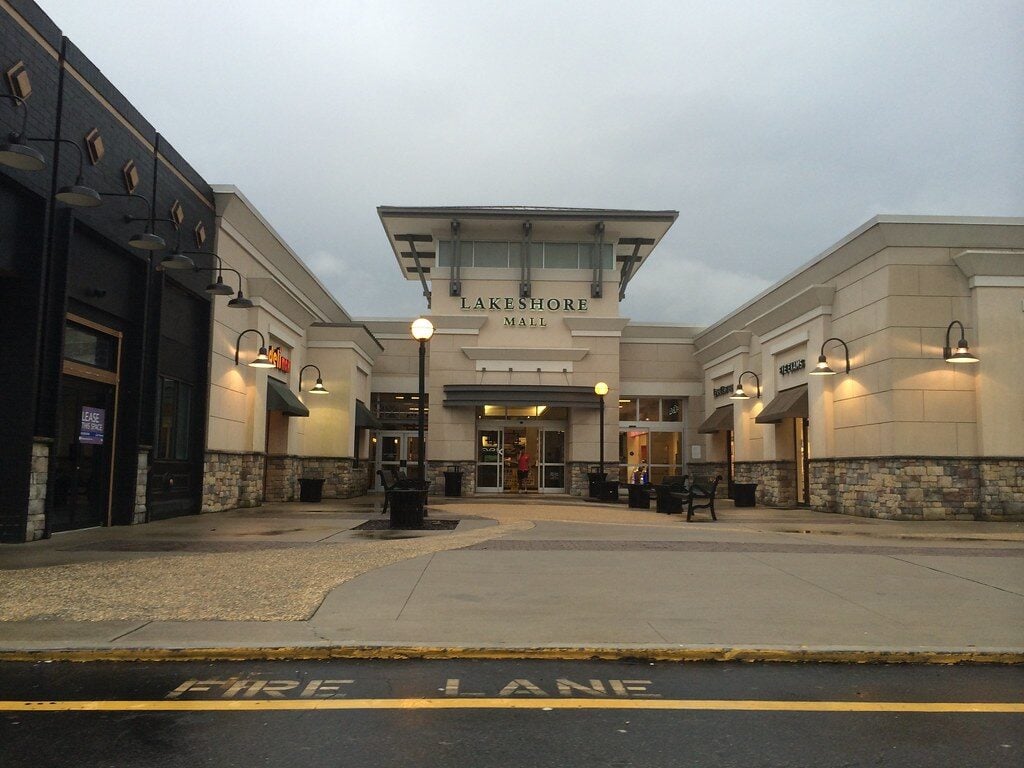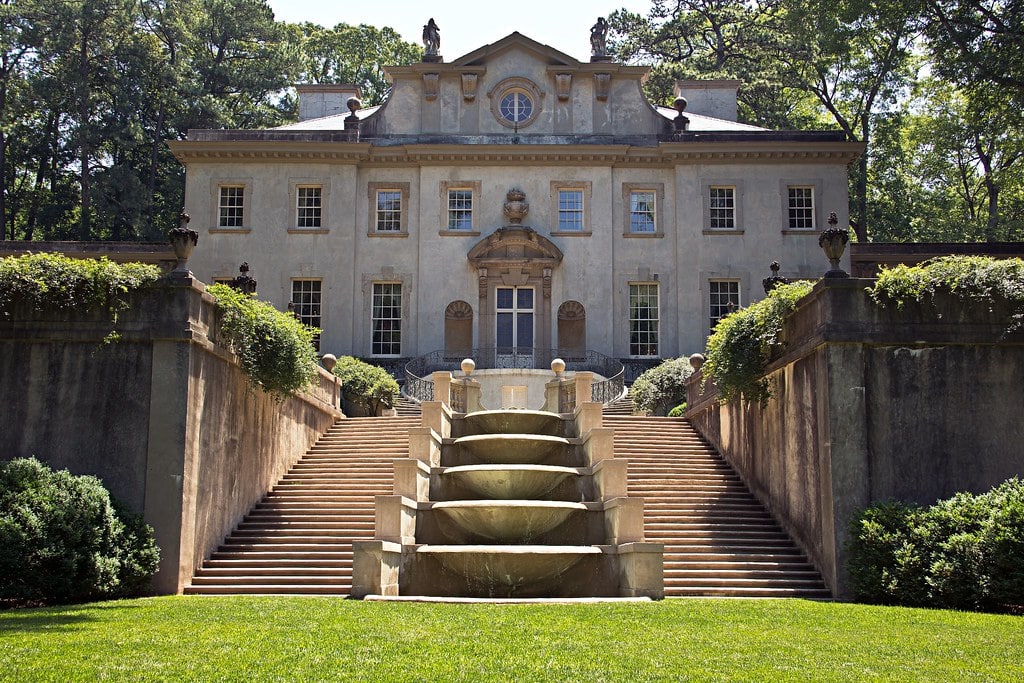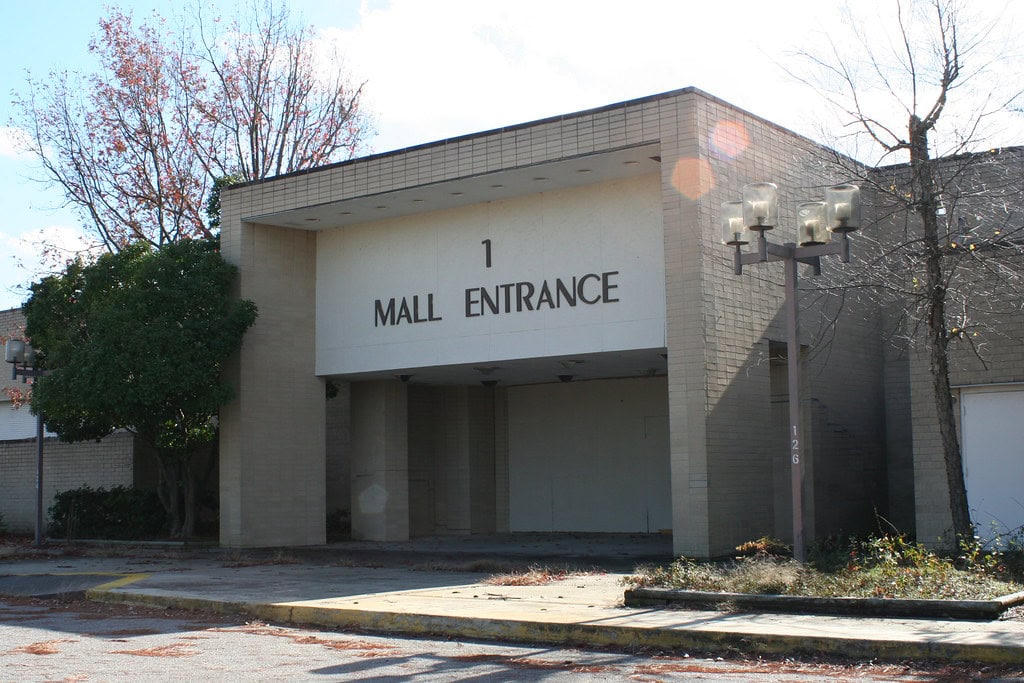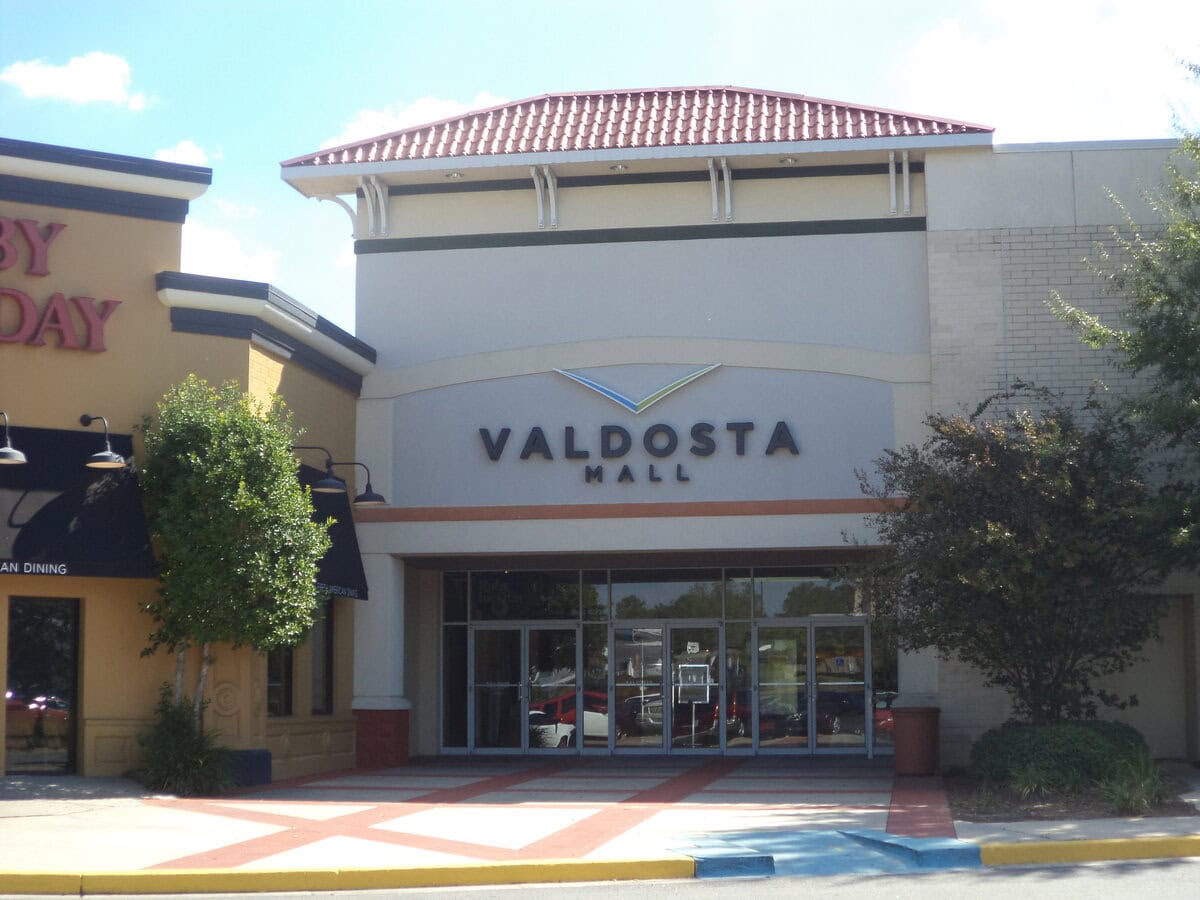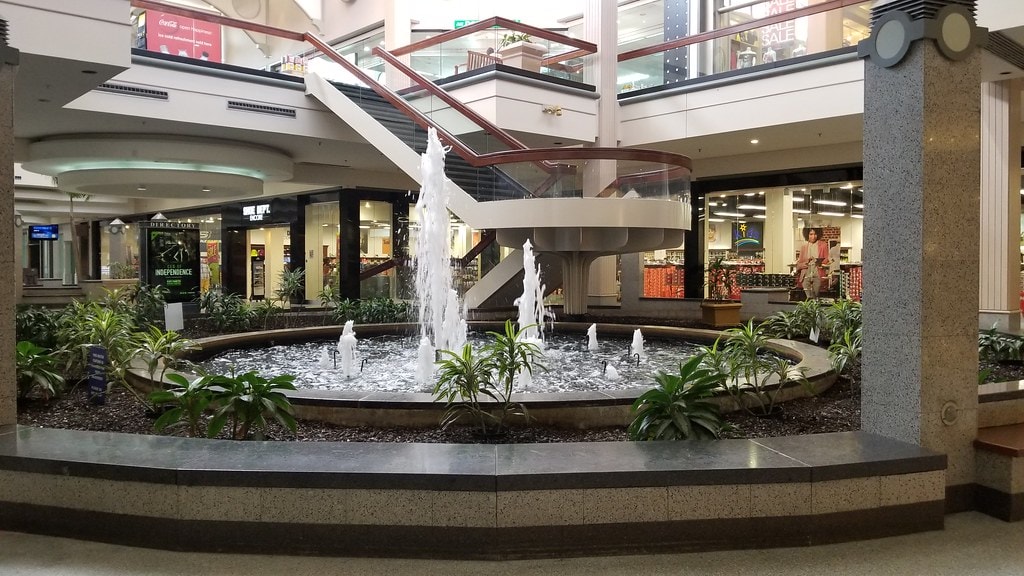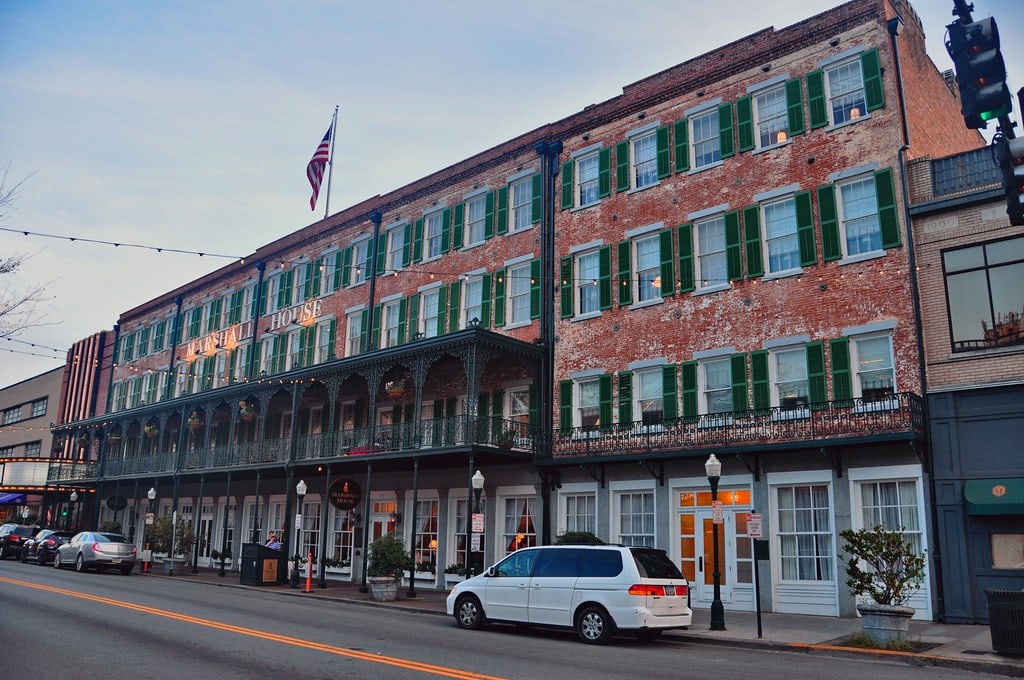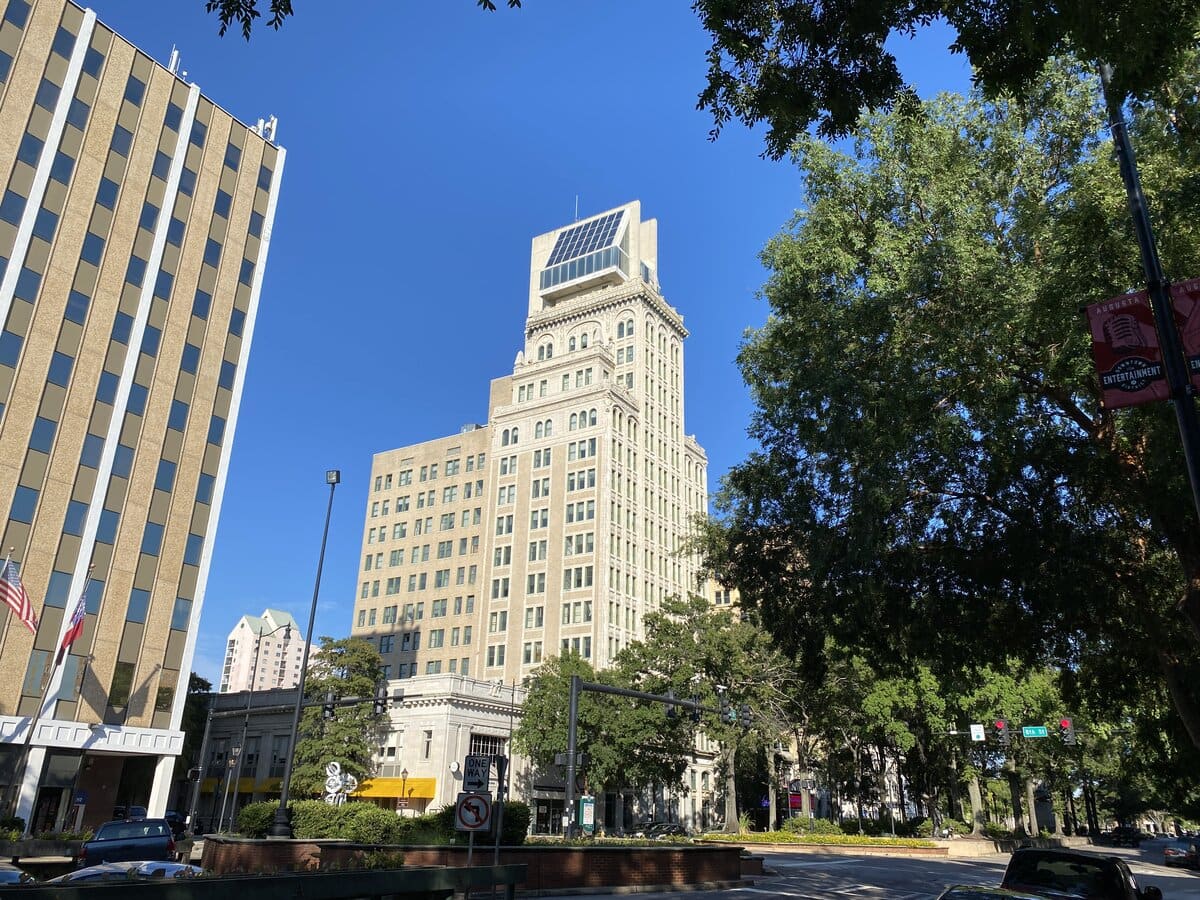The Marquee That Still Lights Up
The sidewalk outside 749 Broad Street sags slightly at the curb. The Imperial Theatre's brick facade, marquee, and tucked-away box office still hold their 1918 shape, with just enough glow left in the bulbs to feel lived-in rather than restored.
Inside, the slope of the floor carries you toward 853 seats, a number unchanged since the day it opened. Walls hold quiet patterns. The lights don't flare so much as hum.
The air carries a mix of carpet and dusted brass. For anyone looking for things to do in Augusta, Georgia, the name remains a popular choice.
Some theatres went dark and stayed that way. This one didn't. Its first shutdown came during the Spanish Flu. Others followed, but none were final.
The Imperial never fully let go of its purpose. For over a century, it has endured closures, sales, and silence, yet still managed to keep the lights burning.
A Working House for Live Acts
The theatre opened on February 18, 1918, as The Wells Theatre. Jake Wells, its founder, hired architect G. Lloyd Preacher to design the building in Victorian Renaissance style for $47,792.
It seated 853 guests. Tickets ran ten to thirty-five cents, with separate balcony seating priced at fifteen cents for Black patrons.
The Imperial opened during vaudeville's late peak. Acts rotated weekly, comedy, music, and sketch routines. Charlie Chaplin made an appearance in April 1918 as part of a Liberty Bond campaign.
For Augusta, the venue was both a civic gathering place and a commercial draw, linked to a broader network of traveling entertainment.
By early October, the Spanish Flu forced a shutdown. Over 3,000 cases were reported in the city, with 52 deaths at Camp Hancock.
Public venues, including the Wells, closed on October 7. Financially strained, Wells sold the building to Lynch Enterprises during the quarantine.
After restrictions lifted in late November, the theatre reopened with the B.F. Keith Supreme Vaudeville banner.
The name "Imperial Theatre" hadn't been applied yet, but its ownership, format, and future were already shifting into something more permanent.
After Lynch Enterprises acquired several other local theatres, the Wells Theatre name was dropped and replaced with Imperial Theatre.
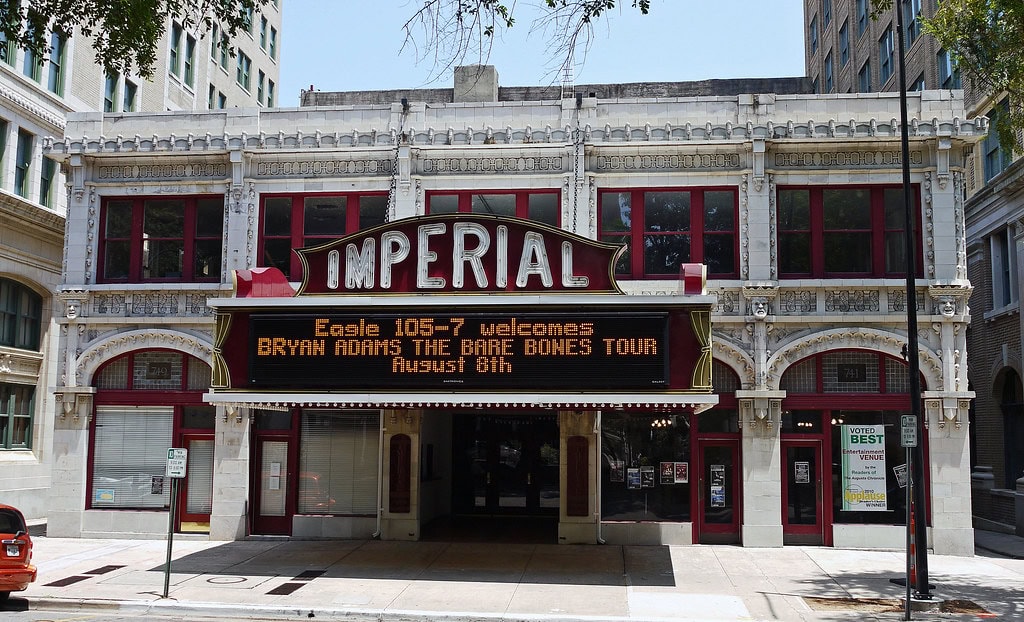
Vaudeville Fades, Film Moves In
By 1929, Lynch Enterprises made a clear pivot. Vaudeville bookings had slowed, and film reels were arriving faster than touring acts. The Imperial Theatre shifted to a full-time movie house.
They didn't gut the place, but they updated what mattered. Art Deco trim was added over the original details, enough to modernize, but not enough to bury what came before.
First-run films replaced touring performers. The bookings came in quickly, aligning with national studio distribution.
In March 1936, the theatre screened its first color motion picture, "The Trail of the Lonesome Pine," starring Henry Fonda and Fred MacMurray.
It wasn't just a novelty; it demonstrated that the Imperial Theatre had the equipment, access, and pace of a first-class cinema.
The business model changed, too. The projection booth is now handling the work. People still came for entertainment, but the format came in cans, not trunks.
The seating chart stayed the same. The street outside changed slowly. And inside, a different kind of silence filled the room between reels.
When the Downtown Flow Slowed
The Imperial Theatre lasted through more than one downturn, but Broad Street couldn't hold its pull forever. As the 1960s gave way to the 1970s, foot traffic dipped.
Suburban shopping centers grew. So did competition. Multiplex theaters and highway-facing venues have cut deeply into the market.
Still, the Imperial kept screening. Into the late 1970s, it ran films with fewer showtimes and less fanfare.
The downtown storefronts around it were changing hands, closing up, or struggling to hold on with less business. By 1981, regular operations stopped.
The last screenings passed with no farewell campaign, no commemorative photo. After that, the lights simply didn't come on.
But the bones stayed firm. The frame, balcony, projection booth, and original floor plan remained untouched. For four years, it sat quietly while the rest of downtown kept shifting.
Some buildings were gutted. Others were filled with newer tenants. The Imperial Theatre, locked but unbroken, still resembled a theatre every time someone passed by.
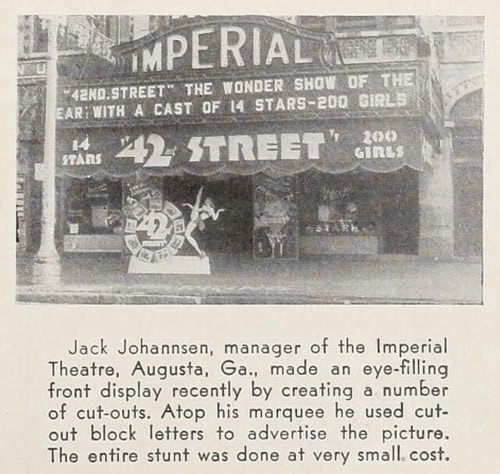
Local Groups, Real Keys
The Imperial stayed locked through 1981, 1982, 1983, and 1984. But the space didn't vanish from local memory.
In 1985, four years after its last screening, a new use brought the building back to life. The Augusta Ballet and the Augusta Players reopened it as a live performance venue.
There was no large-scale renovation campaign or new ownership rollout. Instead, the theatre eased back into operation through partnerships and programming.
The building still had structure. The stage was intact. The seats needed care but didn't need replacement.
Groups moved in without overhauling it. The approach was less about unveiling and more about returning.
Over time, more organizations joined the schedule. Storyland Theatre, Columbia County Ballet, and the Morris Museum of Art's Southern Soul + Song series became regular tenants.
What was missing got patched, upgraded, or worked around. No dramatic layout changes. It was still the same theatre, now used in a different way.
Capital Budget, Backstage Access
On May 30, 2024, a stock donation valued at $206,000 restarted the conversation around the theatre's future.
The gift came from Peter Knox IV and launched a formal $10 million capital campaign aimed at the building's long-term viability.
Unlike the 1985 return, this time the plan was structural in nature.
By 2024, the theatre intends to upgrade the lobby, add ADA-compliant restrooms, and install an elevator.
The goal was direct: improve access, modernize aging utilities, and connect staff offices and overflow rooms to the main performance space.
In summer 2024, balcony seats were reupholstered, walls and ceilings were repainted, and the backstage frame was scraped and cleaned.
That work happened during a six-week show pause. Some of the repairs utilized SPLOST funds allocated prior to the start of the new campaign.
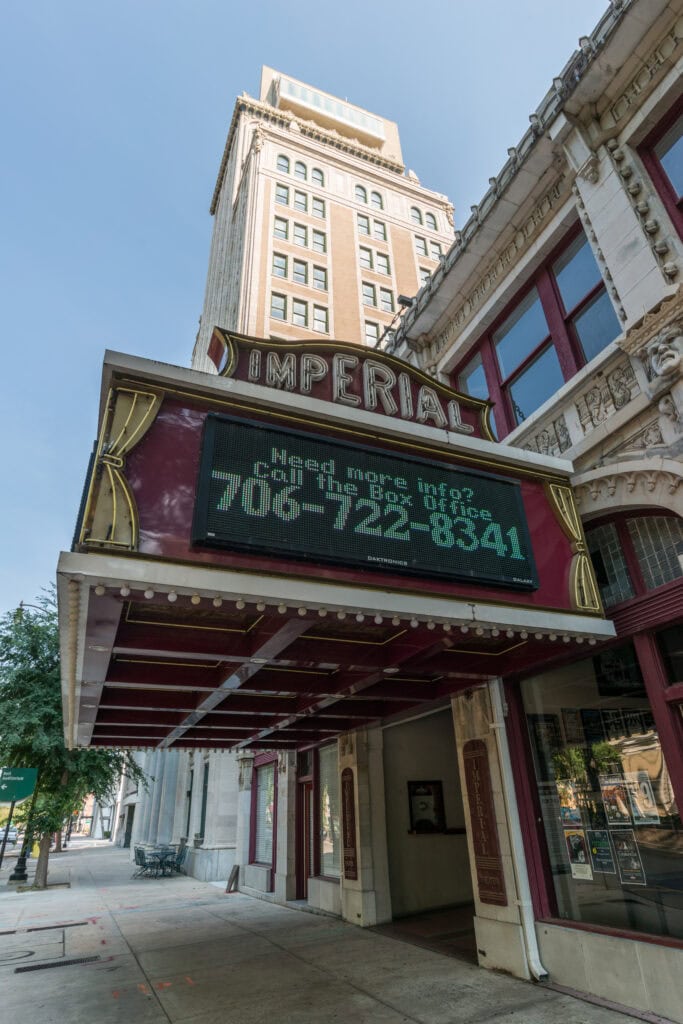
Ticket Lines and Teaching Days
In 2025, the Imperial Theatre is more than just a playhouse or a film relic. It's a working venue with a calendar that fills up early.
The stage rotates between scripted musicals, youth performances, regional concerts, and classic film screenings. What began with a few anchor groups has evolved into a diverse network of long-term partners.
Dance Augusta, Columbia County Ballet, and Storyland Theatre continue to rehearse and perform here. Southern Soul + Song, backed by the Morris Museum of Art, continues to draw crowds.
The Augusta Players rehearse between productions. Ed Turner and the Number 9 Band return to the lineup.
The theatre also folds in education. In summer 2025, the Imperial hosted its annual Technical Theatre Camp.
The program drew middle and high school students into real backstage roles, light boards, prop tables, and curtain calls.
The building's infrastructure now shares space with instruction. Its wiring, lifts, and dressing rooms double as tools for learning.
The camp didn't make headlines, but it marked a milestone: the theatre isn't only being preserved, it's being used, without pretending the building is something it isn't.
A Historic Venue Still in Rotation
The Imperial Theatre is a historic theatre that remains operational in Augusta, Georgia as of 2025. That detail surfaces now and then in press write-ups or grant applications, but on show nights, it's visible without saying so.
The building hasn't been themed, franchised, or gutted. It still retains its core essence.
The theatre hasn't stopped adapting, but it hasn't rushed to erase itself either.
And when the doors open on a humid night, the lobby fills with the same air it always has, filtered, cool, and just loud enough to cover the pause before the lights dim.
🍀

